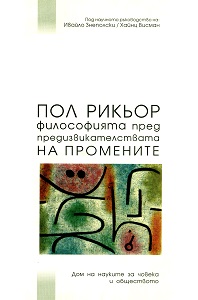
We kindly inform you that, as long as the subject affiliation of our 300.000+ articles is in progress, you might get unsufficient or no results on your third level or second level search. In this case, please broaden your search criteria.



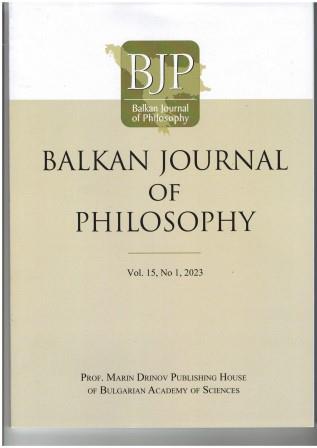
Tracing the themes of political economy in Nietzsche’s thought, this article has two main purposes. The first of these is to problematize some narratives such as eternal return, will to power, and revaluation of values, which are the crucial concepts of Nietzsche’s thought, in the critique of political economy. The second is to re-read Nietzsche’s themes of political economy in conjunction with the concept of the virtual political economy of life, to link Nietzsche’s ‘grand politics’ with the overshadowed concept of ‘grand economy’ by making the move that put Nietzsche’s hammer on the idols of the established grammar of political economy. All of these themes are part of an economy of power that goes against the grasp of economics and political economy by grammatical thought. I call this political economy the virtual political economy of life.
More...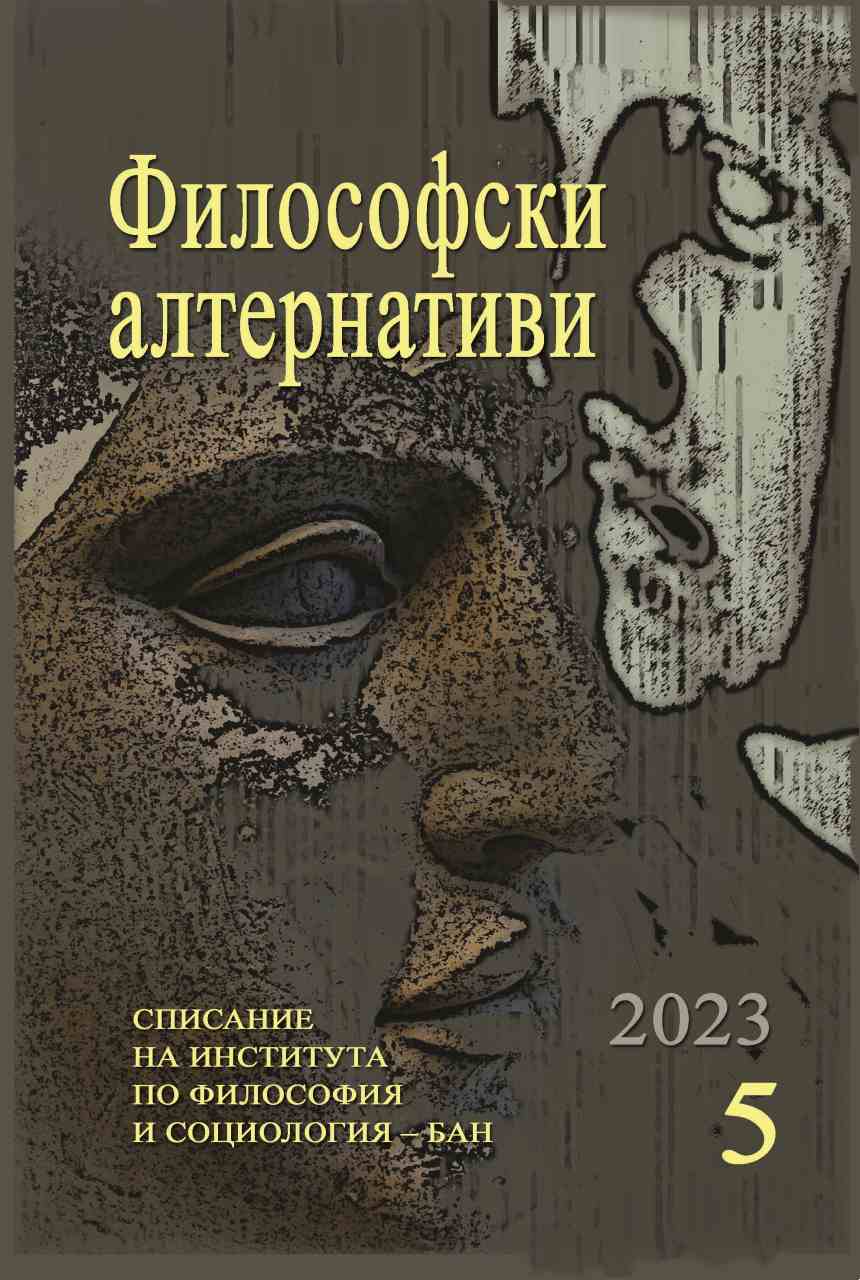
The article examines the last novel of Pavel Vezhinov–Libra (1982), which in a narrower sense also culminates the last, clearly separated period/section in the writer’s work–the philosophical-scientific one (after the novel The Barrier, 1976). Here, the novel’s fiction masks in a highly stripped-down fashion a central scientific theory, both civilizational and biological–of human evolution as devolution. Part of a larger study, the article discusses the P. Vezhinov’s radical anti-humanist criticism in the broad context of late modern philosophical skepticism (Heidegger, Deep Ecology) and its autochthonous reflections in Bulgarian literature during the second half of the twentieth century.
More...
The essay is dedicated to Bogomil Raynov's story Roads to Nowhere and the script of the film “The White Room” based on it. Through parallels with examples of existentialist literature and authors such as J.-P. Sartre and A. Camus, it is shown that the work bears the marks of a literary work created with the pathos of existentialism, which encodes the main stages and dimensions of rebellion (metaphysical, political, artistic). The role of the color white, internal monologue, movement, detail, and the convergent-divergent effect obtained from the use of the second person in the narrative is emphasized. The external signs of chaos and awareness of the absurd are sought. The thesis is defended that with the story Raynov in his way reaches the idea of the conscious choice of responsibility and human solidarity of Je me révolte, donc nous sommes (I rebel, therefore we are!) of Camus.
More...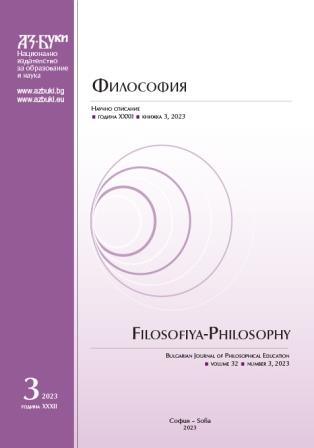
This paper is a review of the 18th National Ethics Conference that took place in November 2022 and was organized by the Department of Ethical Studies of the Institute of Philosophy and Sociology of the Bulgarian Academy of Sciences. The aim of this review is to give publicity to the event by informing of the thematic panels, the titles of the reports and the names of the researchers who participated.
More...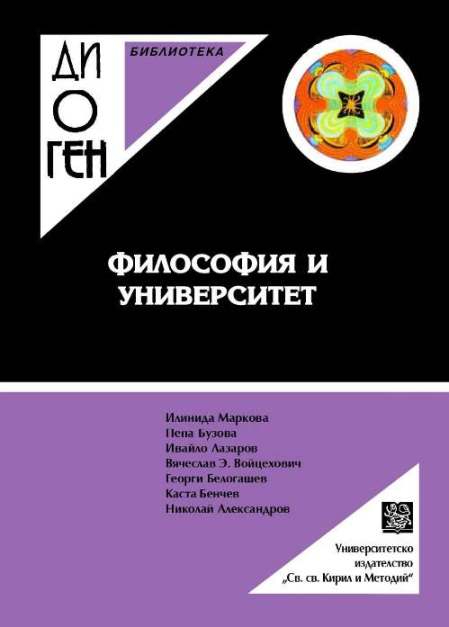
This article aims to clarify Asen Ignatov’s grounds for the specific interpretation of time and space as existential factors and conditions for the immediate realization of human history, the forms of its manifestation, and the directions of its development. At the same time, the comparative analysis is related to indicating the essential characteristics of time and space, as well as the parameters of their epistemological scope in the explanation of history and what is happening in it. Based on the conclusions drawn, the article attempts to outline the essence of space and its correlation with history in more detail. Simultaneously, it also aims to examine the reasons for accepting or rejecting the hypothesis of the temporal constancy of Ignatov’s ideas during the various stages of his versatile work.
More...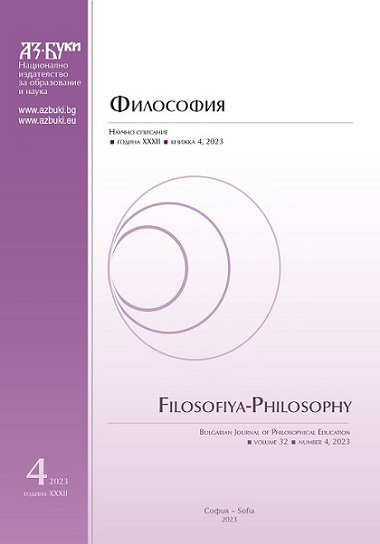
The present study traces and analyzes the ideas of linear time as depicted in some of the texts of the Ṛgveda, the Atharvaveda, the Kauṣītakibrāhmaṇa and the Mahābhārata, and as presented in the texts of early Buddhism. From the thread of fate, which is the path of man, narrative, identity, through the web woven by day and night or by the two goddesses of fate, through the web of sacrifice, to dependent origination in early Buddhism, all these images and ideas are closely related with the notion of linear time. To go beyond this linear time, beyond the notion of LIFE IS A JOURNEY, is a penetration into the unspeakable, “into” the world beyond, “into” freedom.
More...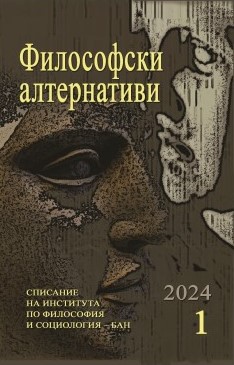
The article is about the analysis of the results of the empirical research in which effect of images on mind’s condition of the recipients is in the focus. All of them are the participants of the prolonged study course of arts-therapeutical and transpersonal methods in the field of adjustment of stress conditions. In the article the indicators of encephalograms, which are fixed in the trans condition, and the content of the projective pictures are considered in respect to idiographiс issue. The interpretation of their meanings makes it possible to speak about integration of consciousness and body. The target of the research is that psychological and physical issues present the holistic field of a person that cannot be limited with the frame of assessment of psycho-somatic characteristics. In conclusion, to define relationship of consciousness to body in a right way is necessary to examine both objective and metaphysical forms of individual’s manifestations.
More...
Philosophical beliefs or principles can help healthcare providers establish effective approaches to mental health analysis. This article aims to demonstrate how modern philosophical tenets could improve mental health analysis from diagnosis to treatment. It describes the role and importance of philosophical approaches, including the Gadamer philosophical hermeneutics, in providing alternative approaches to mental illness treatments as an interdisciplinary field combining practical views and methods of the philosophies of mind, neuroscience, psychology, and moral philosophy. This is achieved by exploring the evolution of mental illnesses, the philosophical views on the manifestation of psychiatric disorders, scientific and philosophical viewpoints, and insights on applying Gadamer’s philosophical hermeneutics to mental illnesses. Gadamer’s viewpoints present essential philosophical foundations that could solve the crucial problems associated with the antecedent theories of mental illnesses. Overall, the philosophical viewpoint requires patient diagnosis and treatment approaches that holistically consider the use of language in all interpretive practices, cultural phenomena, patients' histories, and environmental factors that are critical sources of hermeneutic experiences.
More...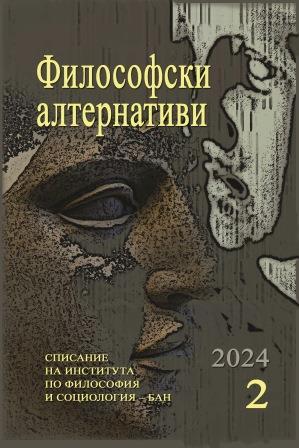
In this article I present the thesis of the original technicality of man proposed by the French philosopher Bernard Stiegler, who passed away in 2020. Stiegler's thought is undergoing continuous re-elaboration due to the singularity of the proposed theses deriving from studies of contemporary anthropology and philosophy. The research method used is subjective-argumentative and interpretive. Reading Stiegler's texts lends itself well to a functional interpretation of the thesis according to which digital technologies are natural prostheses for 21st century students. With the subjective-argumentative methodological approach I can reach a specific goal: demonstrating how the use of digital devices is to be considered an educational asset starting from Stiegler’s philosophy. He makes us understand how the original technicality is decisive for cognitive development. Moreover, the subjective-argumentative approach, as little objective as it may be, offers the flexibility to support a contemporary educational theory such as George Siemens’ Connectivism.
More...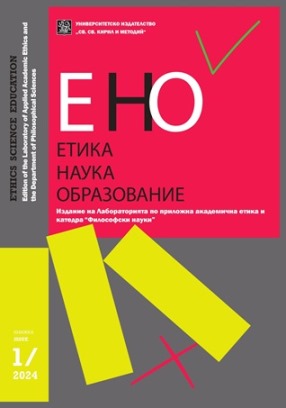
In the modern world, the understanding of philosophy as an abstract, speculative and impractical pursuit has led to its dismissal by many people as a useless field of knowledge. However, throughout history, philosophy has consistently addressed fundamental concerns related to human existence and to the world of living. On the other hand, today’s organizations grapple with concerns similar to fundamental philosophical issues. They involve ethical conduct, ethical leadership, and well-being. Thus, philosophizing may pave the way for the solution of problems related to these topics within modern organizations. In this context, philosophical counselling may be a useful perspective that organizations should benefit from. It may be integrated into many management and human resource practices to harness the power of philosophy for dealing with ethical and ontological problems of employees. For this purpose, this study aims to review the literature on philosophical counselling and to explore how leadership development and employee well-being programmes increase the power of philosophical counselling. Based on the review, propositions for integrating philosophical counselling into organizations as an employee assistance service is discussed.
More...
Interview with Vivek Chibber by Janko Stefanović and Miloš Janković.
More...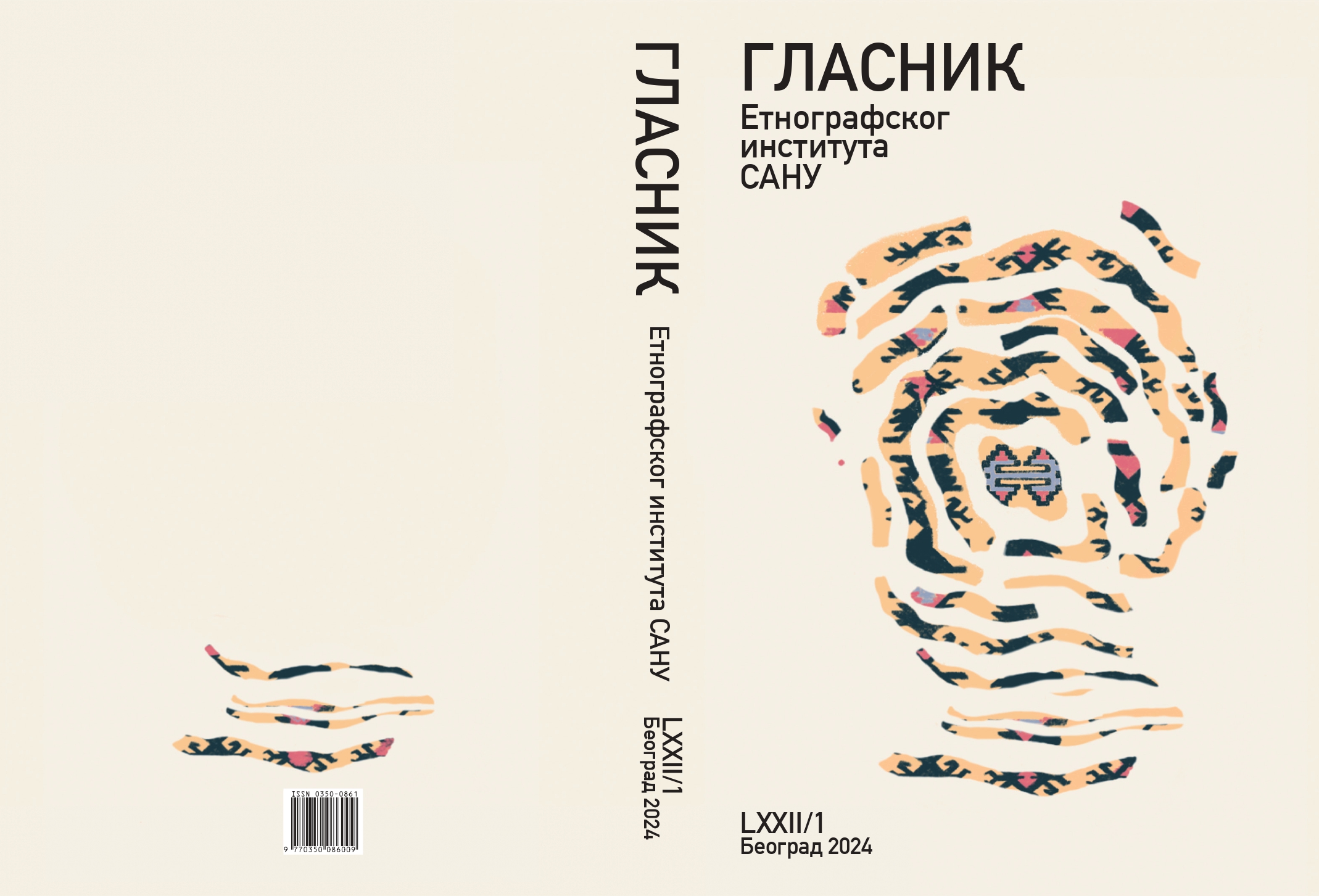
The paper analyzes the development of neofeminism in Yugoslavia as a socialist and non-aligned country with self-management as the dominant mode of social organization. We set out to examine to what extent this social and political background influenced the appearance of neofeminism in the early 1960s, its development, transformations and branching out into different forms and eventual decline in the late 1980s. It is our contention that in the late-socialist culture in Yugoslavia, feminist theory was present from the 1960s to 1980s in different forms. Yugoslav female and male authors openly debated and wrote about feminist issues, they were also influenced by numerous translations of the works of feminist authors. The paper discusses two main branches of Yugoslav neofeminism: socialist neofeminism and Marxist neofeminism. In conclusion, we reflect upon the legacy of neofeminism in Serbia as a post-Yugoslav society.
More...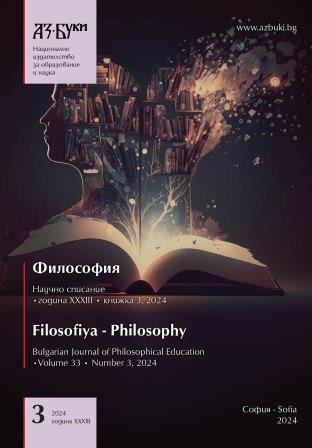
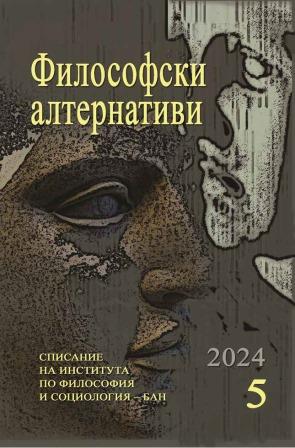
The article is an in-depth review of the origin and development of Martin Heidegger's philosophical ideas with a main emphasis on his political anthropology. The basic concepts of Heidegger's philosophical system, as well as the social and political conditions of their formation and change, are examined in detail. In the text, lines are devoted both to the influence of Heidegger's philosophy and to the evaluations of it by the philosopher's contemporaries and later researchers. The idea that the story of Heidegger's life cannot be separated from his thinking is successfully defended, especially since his political ideas or delusions have a concrete origin in the social and conceptual processes of Europe in the middle of the 20th century.
More...
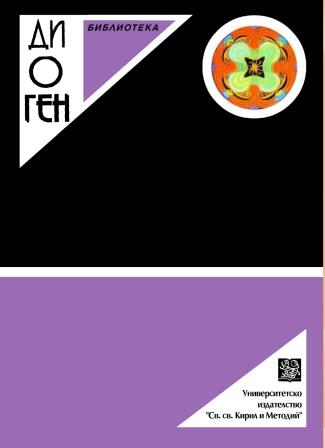
This article aims at exploring political realism and, in particular, examining the way in which the fundamental definition of international relations theory is formulated. The main thesis is that the way in which the concept of realism is structured conflicts with the inherent meaning of the proposition of ‘political realism’ because it ignores the essence of the concept of the ‘political’. This conflict is expressed in defining realism entirely in terms of and within the conceptual field of ethics. Realism thus becomes not an essentially political theory but a moral-normative one, which takes away its explanatory potential. The only way to overcome this theoretical obstacle is through changing the presuppositions of realism with those belonging to political reality.
More...